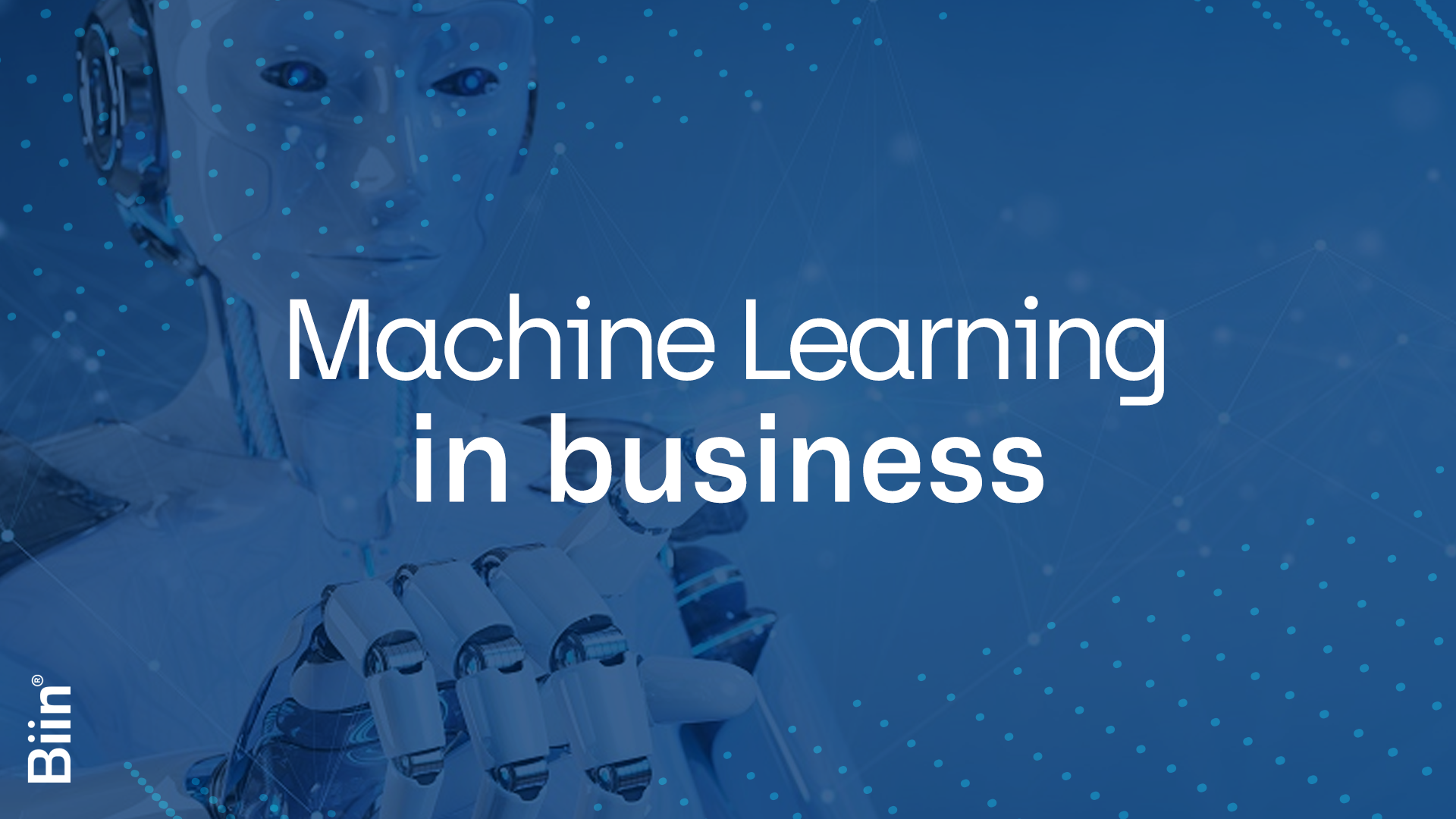
Machine Learning in Business
The world continues to evolve and so does technology. Innovations such as Machine Learning are becoming more and more relevant in business.
Throughout these years we have seen the implementation of digital devices and tools become part of our daily lives. In this panorama, what tools do companies use to face a reality where technology is always essential?
Just as technology continues to shape the world, companies follow in its footsteps. Terms such as “Artificial Intelligence”, “Business Analytics”, and “Data Driven models”, among others, have been added to the business vocabulary.
In this article we will focus on explaining Machine Learning and its importance in business.
Machine Learning: what is it?
It is a system that has the ability to automatically learn from data thus creating its own learning algorithm without the need for human intervention.
As simple as that.
Obviously, this system has a greater complexity within. The teams that implement have great amounts of data to identify as patterns present themselves.
This tool is capable of predicting behaviors in the future as they evolve automatically without human intervention.
A clear example of how Machine Learning works is Gmail, a tool that many of us use every day both in our work and personal lives.
As you write a sentence, the platform suggests possible terminations for it. This, in turn, is the result of a database that has learned sentence construction both from your specific user profile and the entire Gmail user base.
Machine Learning applied in business
Digital tools are present in various industries beyond technology. While tech giants like Netflix, Spotify, and other Silicon Valley titans are prime examples, digitization doesn’t start nor end there.
On the contrary, you will find in the following examples how Machine Learning has helped different industries to grow, be more profitable, prevent losses and mitigate risks.
Ceramics industry
In this niche, Machine Learning is used mainly for quality control, since it is able to predict the behavior of the different materials to be treated in different extreme temperature conditions.
Thanks to the implementation of technology in this sector, enterprises can detect irregularities, thus reducing waste and improving inventory control, while maximizing profitability.
Finance
This sector depends in large part on machine learning systems. With these, businesses are able to detect fraud, analyze various types of risk, predict rise and fall in share values, as well as help financial advisors with various operations.
Agriculture
Machine learning in this industry helps to study the climate and soil temperature to understand the environment and various obstacles that fields face and may face. It also helps to understand the quality of the crops and various diseases that may occur, as well as detect weeds and have a better management of the crops and the conditions of the fields.
Fields in Machine Learning
By itself, Machine Learning has become a pilar to develop further, more specialized tools.
- Deep Learning: This field mimics the autonomous learning of the human mind.
The main difference between Deep Learning and Machine Learning is the type of algorithms that are used. Deep Learning has a learning similar to that of human beings, using neural networks composed of hierarchical levels.
It helps to identify, recognize, detect and describe various situations and data that can be of great use to companies.
- Productive analytics: It is the analysis of the smallest information of the performance, processes, production and more in the industries.
This type of Machine Learning helps obtain precise information about the products made, such as the that which would be relevant for the prevention of problems and their solutions.
- Cognitive intelligence: It facilitates interaction with digital systems and applications, helping to facilitate and speed up decision-making.
- Cognitive services: They consist of predictive and prescriptive diagnosis and are capable of observing, learning and offering valuable insights.
- Chatbots: Perhaps this is the most popular and most implemented Machine Learning tool. Chatbots are an artificial intelligence computing tool designed to hold real-time conversations with users during instant messaging channels.
Now that you know a little more about Machine Learning, are you ready to scale to the next level? Walk the path of digitalization together with us!